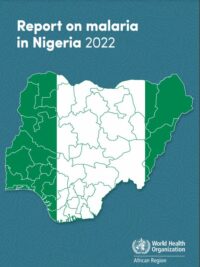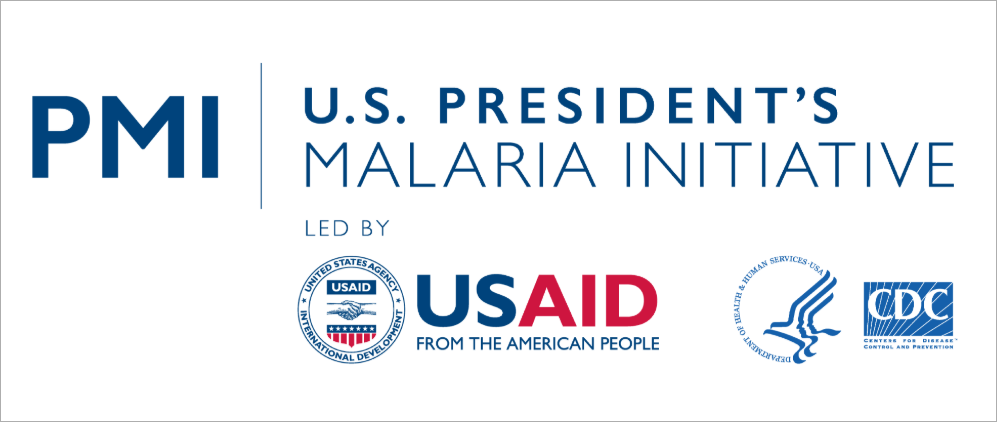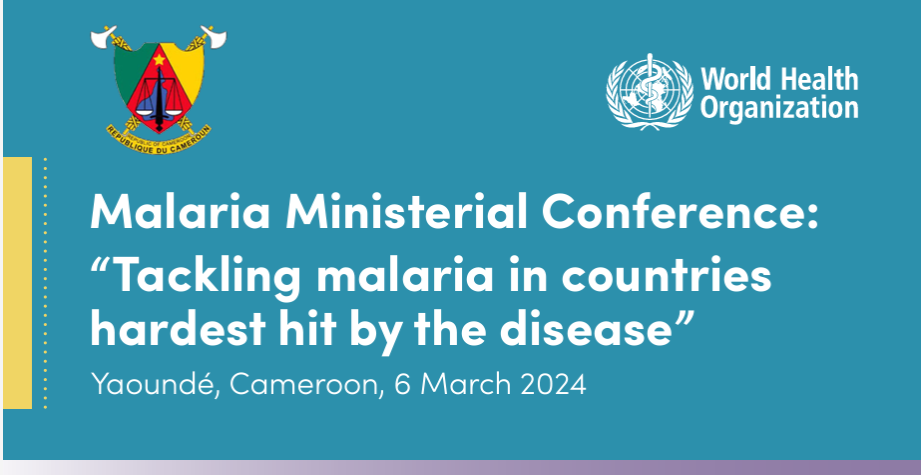Report on malaria in Nigeria 2022
Countries: Nigeria
Published: 19/12/2023
Malaria is a major public health concern in Nigeria, with an estimated 68 million cases and 194 000 deaths due to the disease in 2021. Nigeria has the highest burden of malaria globally, accounting for nearly 27% of the global malaria burden. The risk of transmission exists throughout the country, all year round. However, the incidence of malaria is highest in the northern and north-eastern parts of the country. As one of the countries supported under High Burden to High Impact (HBHI) approach, Nigeria has been a leader in implementing data-informed strategies to tailor interventions subnationally. The country has also established an integrated national malaria data repository that is accessible at the local government level. A nationwide training exercise on the use of the repository for routine decision making was also implemented. In May 2022, the country convened its local and external stakeholders for a ‘‘data deep-dive’’ week in Abuja to explore the progress the country has made in the use of strategic information to drive impact against malaria. One of the recommendations from this meeting was a request by the Nigeria National Malaria Elimination Programme (NMEP) to WHO to develop state-level malaria profile reports. With input from the NMEP and its partners, the WHO Global Malaria Programme and the Communicable and Non-Communicable diseases cluster of the WHO African Region have developed this Nigeria report.


